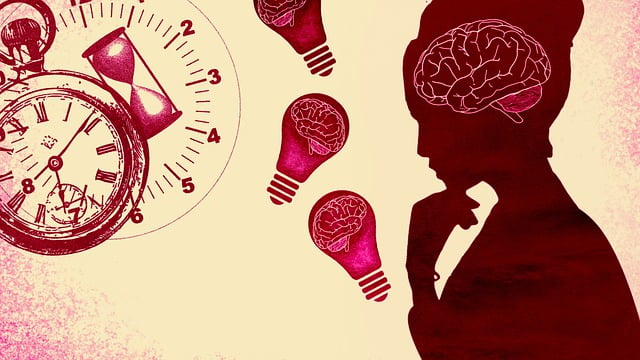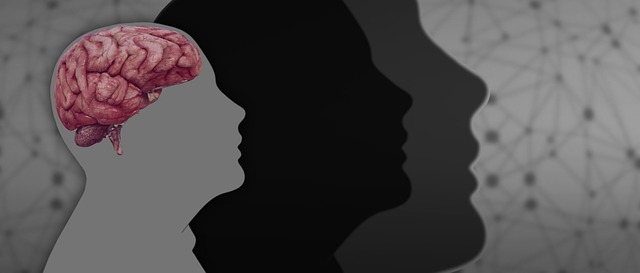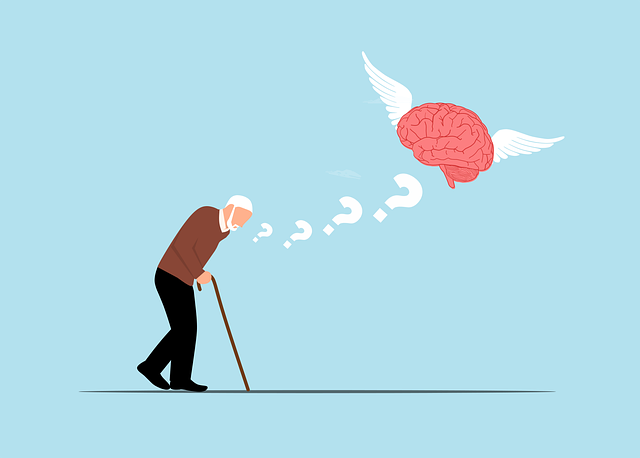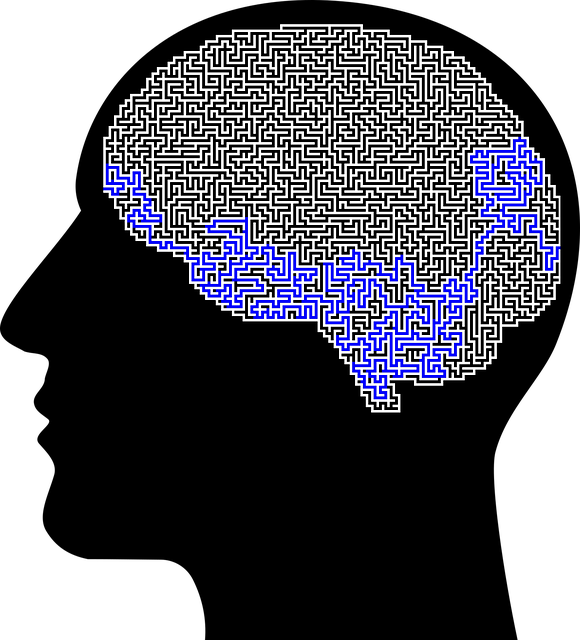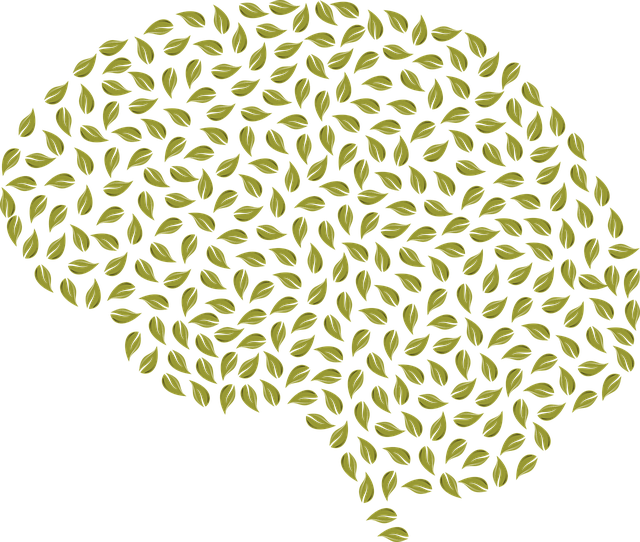Therapy for Adults International Adoptions is crucial for managing multifaceted stress stemming from cultural differences, identity struggles, and environmental adjustments. This tailored psychotherapy addresses complex emotional challenges through risk assessments, fostering support networks via community outreach, and evidence-based techniques like CBT. Combining these methods with compassion cultivation enhances well-being, promoting positive outlooks and resilience in individuals navigating international adoption's unique complexities. Support groups and emotional intelligence exercises further solidify these benefits, leading to lasting calm and stability.
Stress reduction is a vital aspect of fostering well-being, especially for individuals navigating complex life experiences, such as international adoptees. This article explores effective methods to mitigate stress, focusing on its profound impact on adults adopted abroad. We delve into the power of therapy as a transformative tool, highlighting cognitive-behavioral therapy (CBT) and other tailored techniques. Additionally, we emphasize the significance of building supportive networks for lasting calm and improved mental health in this unique population.
- Understanding Stress and its Impact on International Adoptees
- Therapy as a Tool for Adult Adoptee Resilience
- Tailored Techniques: Cognitive-Behavioral Therapy and Beyond
- Building Support Networks for Lasting Calm and Well-being
Understanding Stress and its Impact on International Adoptees

Stress is a universal experience, yet its impact can vary greatly among individuals, especially those with complex histories like international adoptees. For adults who have been adopted abroad, stress may arise from cultural dissonance, identity issues, and the unique challenges of adapting to new environments. These experiences can lead to heightened anxiety, depression, and other mental health concerns.
Understanding stress in this context requires a nuanced approach. Therapy for adults involved in international adoptions plays a vital role in helping them process these complex emotions. Mental health professionals conduct thorough risk assessments to identify potential vulnerabilities and tailor empathy-building strategies accordingly. Community outreach programs can also be implemented to foster support networks, enhancing the adopter’s sense of belonging and reducing feelings of isolation—a significant factor in managing stress levels.
Therapy as a Tool for Adult Adoptee Resilience

For many adult adoptees, therapy serves as a powerful tool to build resilience and navigate life’s challenges. The experience of adoption often brings unique emotional complexities that can be difficult to process alone. Professional therapy provides a safe space for individuals to explore their feelings, uncover underlying issues, and develop healthy coping mechanisms. Through psychotherapy, adults who were adopted can work through feelings of identity confusion, loss, and attachment issues, fostering a deeper sense of self and security.
The effectiveness of therapy in promoting resilience is particularly evident when considering the global context of international adoptions. Mental Health Policy Analysis and Advocacy play a crucial role in ensuring access to quality therapeutic services for adult adoptees worldwide. By integrating evidence-based practices and encouraging positive thinking, therapy empowers individuals to manage stress, overcome adversity, and thrive in their personal journeys. Effective stress management techniques acquired through therapy can enhance overall well-being and foster a more positive outlook on life.
Tailored Techniques: Cognitive-Behavioral Therapy and Beyond

For individuals navigating the complexities of life, especially those with international adoptions and unique circumstances like therapy for adults, tailored techniques offer a beacon of hope in stress reduction. Cognitive-Behavioral Therapy (CBT) stands out as a powerful tool, helping clients identify and change negative thought patterns and behaviors contributing to stress. This evidence-based approach teaches coping skills development, empowering individuals to manage their reactions more effectively.
Beyond CBT, compassion cultivation practices have emerged as complementary strategies. These techniques foster self-compassion and empathy, thereby reducing the impact of stress and potentially mitigating mental illness stigma reduction efforts. By combining these methods with tailored interventions, professionals can create a holistic approach that addresses not just symptoms but also underlying causes, ultimately enhancing well-being for all individuals seeking stress relief.
Building Support Networks for Lasting Calm and Well-being

Building strong support networks is a fundamental aspect of achieving lasting calm and well-being. For individuals who have experienced international adoptions or are navigating life’s challenges, this can be especially crucial. Therapy for adults in such situations often emphasizes emotional intelligence as a tool to foster meaningful connections and process complex emotions. By cultivating a circle of trusted friends, family, or support groups, one can find solace and gain different perspectives on their experiences.
Emotional expression and reflection are key components of mental wellness. Journaling exercises guided by professionals can help individuals process their feelings, track progress, and identify triggers. Additionally, compassion cultivation practices have been shown to enhance emotional resilience and reduce stress. These practices encourage individuals to develop kindness and understanding towards themselves and others, creating a supportive environment that promotes peace and stability, both within and without the individual’s personal circle.
International adoptees often face unique challenges, and understanding stress is a crucial step towards building resilience. By recognizing the impact of stress on their mental well-being, individuals can explore various therapeutic approaches, such as cognitive-behavioral therapy, to develop personalized coping strategies. Accessing support networks that resonate with their experiences further empowers them in their journey towards lasting calm and improved quality of life, specifically focusing on therapy for adults in international adoptions.

